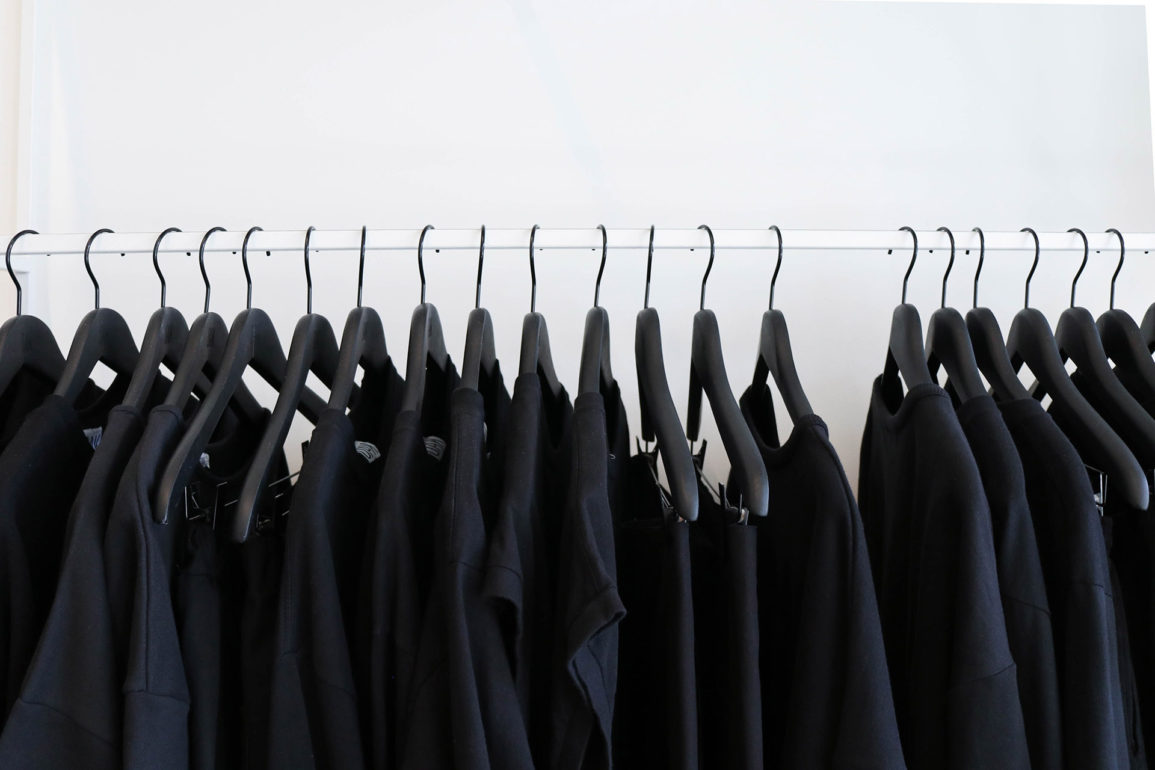“You do the best you can with the information you have”
In the past week I’ve had a dizzying number of conversations with many of you on how Adore Me can transform itself into a more environmentally sustainable organization.One recurring question was, “How we do enough?”
- You buy vegan leather to save the animals. But that’s just more plastic. Oh wait, there’s corn-based vegan leather now. Is that okay?
- You start renting clothes to reduce textile waste. But those dry cleaning bills! And the carbon footprint of shipping those rental clothes around is terrible.
- You try to recycle. You try your hardest. But which bin does that trash go into? Is it even ending up at a recycling plant?
My favorite line I heard was from one of your colleagues was, “You do the best you can with the information you have.”Hopefully, this newsletter, along with more Adore Me efforts, will give you more information. Together, we can continue to build the energy and excitement around transforming our lives and the company into leaders of the sustainability movement.Last note: Here is a very short 3 question survey to get your thoughts on the sustainability & fashion front. It’d be a huge help if you could take just a moment to fill it out!
– Ranjan

How Sustainable Is Renting Your Clothes, Really?
A really good piece on the environmental impact of clothing rental programs.
This also introduced me to the term “Share-Washing”, or the idea that sharing economy startups can increase overconsumption of resources that otherwise would not have been consumed. An example would be Uber cutting down on car ownership, but discouraging people from walking, cycling or taking public transport.
Also of note: H&M just launched their first rental clothing service.
6 min read
Streetwear’s Sustainability Problem No One Wants to Talk About
High Snobiety looks at how there has been very little discussion around sustainability and the environment in the streetwear segment, but that is now changing.
Whether it’s urging customers to buy less by shutting online stores on days like Black Friday, offering free repairs to extend the lifespan of clothing, or actively embracing the resale market by supplying it with deadstock products, there are many steps brands can take to slow down
But it’s unlikely brands will compromise business growth to reduce their impact any time soon. They need to rethink the entire notion of speed. “Brands need to understand that the relationship with their community need not be purely a transactional one. You can buy a pair of kicks but you can’t buy culture,” says Chow.
The woman leading LVMH’s quest to become a green company
A Vogue profile on Sylvie Bénard, the VP of Environment at LVMH. Her story is quite incredible:
A trained agronomist and microbiologist, she first joined Moët Hennessy in 1983 to work on developing the yeast and bacteria that is central to Hennessy’s cognac. After a moving experience travelling to Rio de Janeiro with an NGO in 1992, she returned home to Paris determined to focus more on the environmental impact of product production.
When Bénard told her boss she was leaving the company (renamed LVMH after the 1987 merger with Louis Vuitton) to focus on running a sustainability consultancy full-time, he asked her to stay on and operate it within LVMH instead. “They gave me a two-year trial period and, as you can see, I’m still here,” she says.
H&M CEO Sees `Terrible’ Fallout as Consumer Shaming Spreads
Karl-Johan Persson, the 44-year-old H&M CEO and son of its billionaire chairman, on the speed of the environmental movement in fashion (his main argument is the potential loss of jobs):
Many of the protests are “about ‘stop doing things, stop consuming, stop flying’,” Persson said in an interview in Stockholm. “Yes, that may lead to a small environmental impact, but it will have terrible social consequences.”
1.5 Million Packages a Day: The Internet Brings Chaos to N.Y. Streets

For those of us based in NYC, you may have increasingly been seeing the above scene on local sidewalks. The NY Times digs into how our urban landscape isn’t quite ready to handle the onslaught of packages circulating.
Dezeen Announce Winners Of Their 2019 Sustainable Design Award
With a jury comprised of international architects, designers and academics such as Virgil Abloh, Cristina Celestino, Philippe Starck, and Patricia Urquiola, the Dezeen Awards project category winners were announced last week.
The winning team was the Meditated Matter Group, part of MIT Media Lab and led by Professor Neri Oxman. A video covering their project is below:
Hangers are ‘fashion industry’s plastic straw’, says designer
Roland Mouret has created a recyclable clothes hanger in a bid to end the use of plastic ones.




